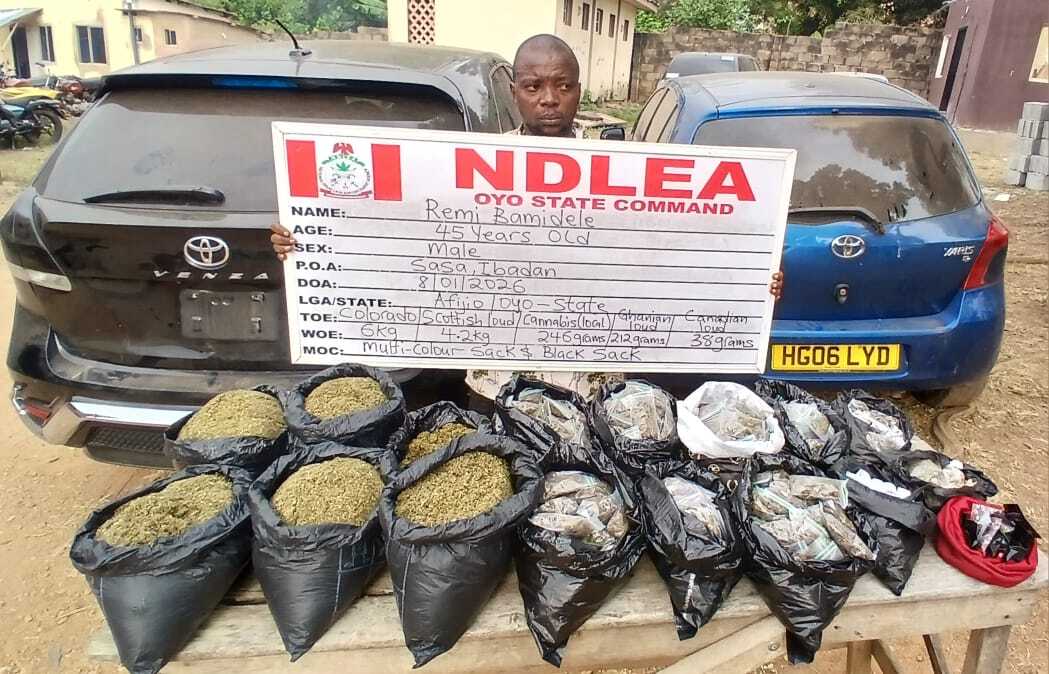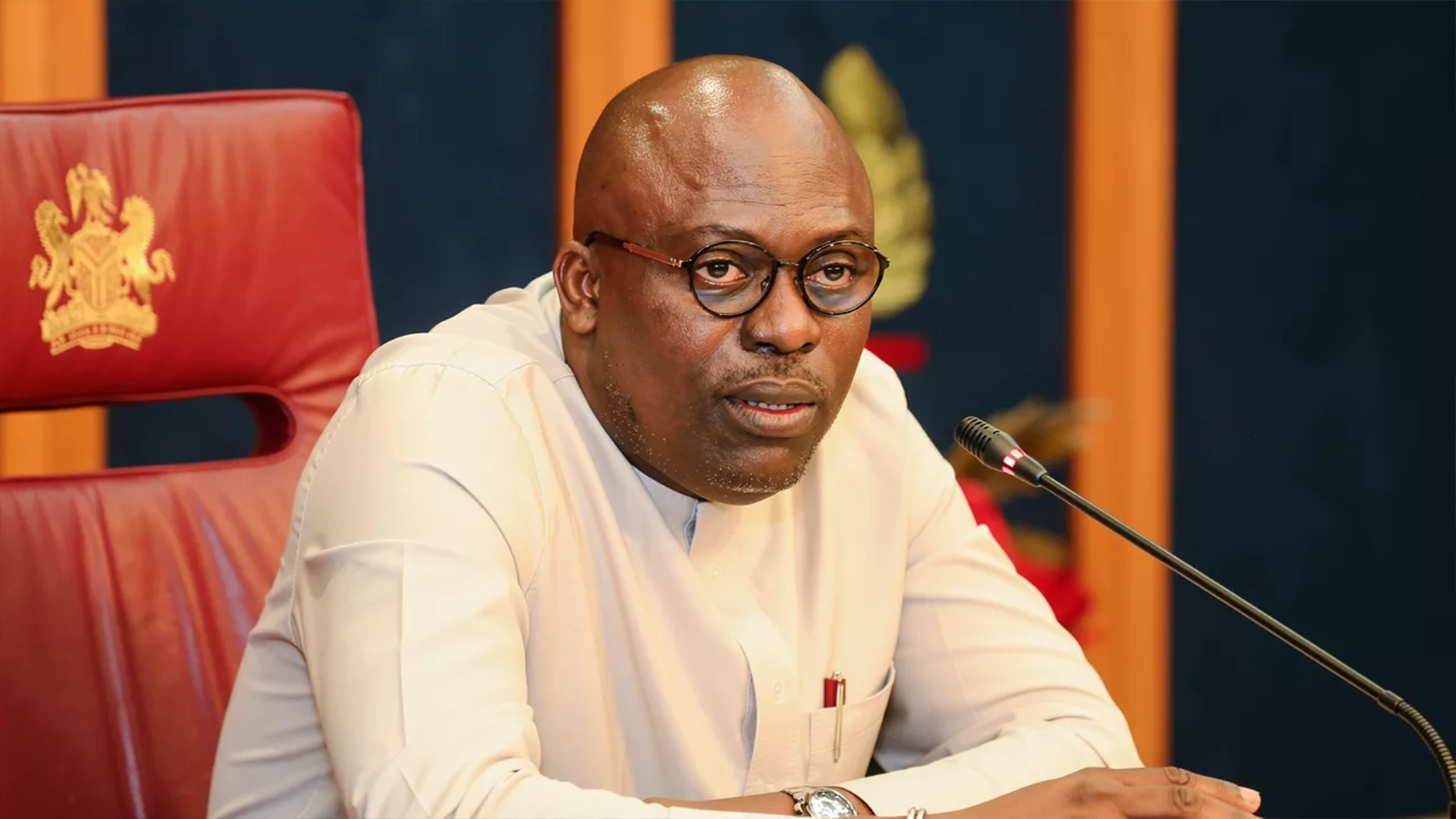A coalition of northern business interests, led by the Arewa Economic Forum (AEF), has warned that the new recapitalisation requirements for Bureau de Change (BDCs) will push many families into severe poverty and worsen hunger in the north.
The group’s chairman, Ibrahim Dandakata, who made this statement on Thursday in Abuja, mentioned that the group is aware of the benefits of the recapitalisation exercise.
He stated, “We acknowledge and appreciate the objectives behind the new CBN policy – to strengthen financial integrity, align BDC operations with global standards, and reduce market abuse. These are laudable goals in theory. However, in practice, the policy – particularly the recapitalisation requirement – poses a direct threat to thousands of legitimate Northern entrepreneurs and their families.”
The AEF is a coalition of northern business leaders, intellectuals, technocrats, and grassroots stakeholders.
Before the introduction of the new recapitalisation guidelines in May 2024, the minimum capital requirement for obtaining a Bureau De Change (BDC) licence in Nigeria was ₦35 million under the previous regulatory framework.
However, under the new directives of the Central Bank of Nigeria, the capital threshold has been significantly increased as Tier one BDCs are now required to have a minimum capital base of ₦2 billion.
They are also authorised to operate nationwide, establish multiple branches, and appoint franchisees with prior approval.
Tier two BDCs must now hold ₦500 million in capital and are restricted to operations within a single state, with a maximum of five branches. They are not permitted to appoint franchisees.
Indeed, this represents an increase of over 1,300 per cent to 5,600 per cent, depending on the tier, a burden the group said is unattainable for many sincere and long-standing BDC operators, especially those who have conducted their business transparently and in accordance with the law.
It noted that such a policy shift is occurring during a period when the government is publicly committed to anti-corruption and financial transparency, while also barring banks, NGOs, public officers, foreign nationals, and other financial institutions from owning BDCs.
It added that the restrictions leave genuine small-scale operators with limited pathways for growth or survival.
“We must record that of the over 1,600 registered BDCs in Nigeria, more than 90 per cent of those able to meet the new capital requirements are based in the South, with Lagos alone accounting for the vast majority, and the sector now being dominated by a single ethnic group. In stark contrast, less than 10 per cent of compliant BDCs are owned by Northerners, even though Northern traders have historically driven and supported this sub-sector. This includes operators in long-established hubs such as Wapa in Kano, Zone Four in Abuja, Broad Street in Lagos, and major market areas in Sokoto, Minna, Benin, and Port Harcourt,” the group explained.
It also argued that in comparable economies across Africa and beyond, the capital requirements for BDC operations are considerably lower than what is currently being proposed in Nigeria.
It added that countries such as South Africa, Kenya, Tanzania, Ghana, Egypt, the United Arab Emirates (UAE), and India maintain considerably more accessible and affordable licensing thresholds, allowing for broader participation and promoting financial inclusion without undermining regulatory oversight.
AEF stated that if the CBN proceeds with implementing the new requirements, the policy will eliminate all Northern participation in the BDC sector, which has been crucial for job creation, forex access, and informal financial services in the region for decades.
It called on President Bola Tinubu and his key advisers to give the concerns raised the serious and urgent attention they deserve.
AEF urged the Minister of Finance, Wale Edun, and the Governor of the Central Bank of Nigeria, Yemi Cardoso, to consider the optics and implications of a policy that many in the North may interpret as systematically exclusionary.






